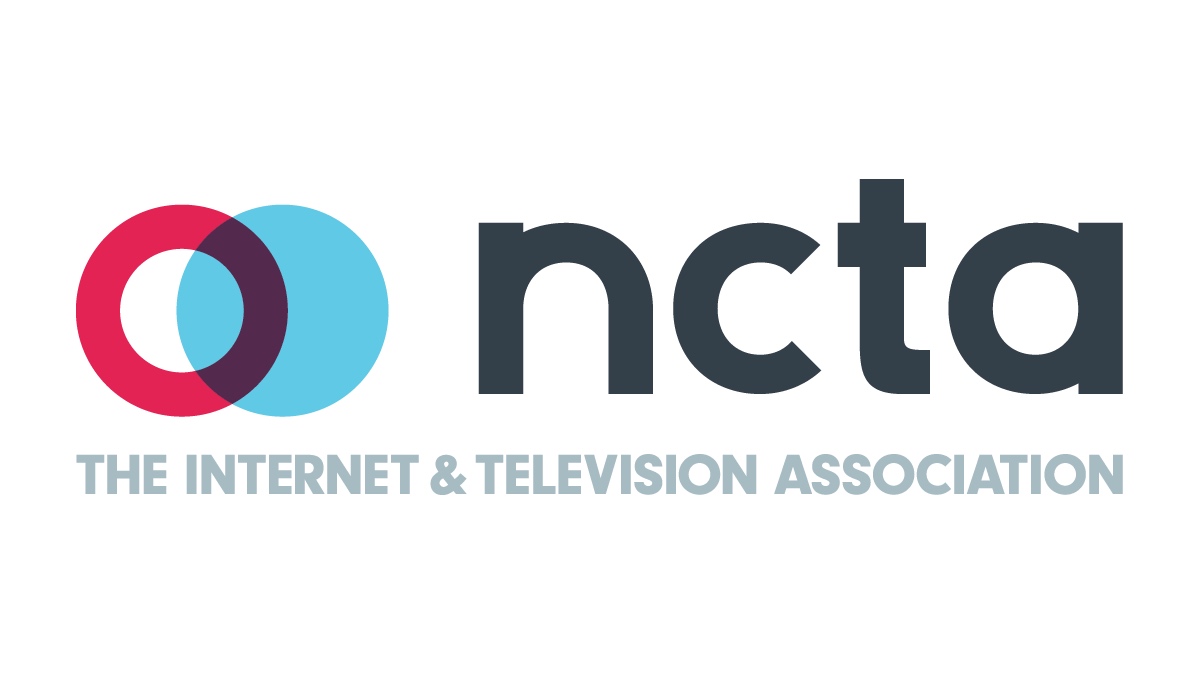NCTA Warns Against Suspect Tech Ban's 'Unintended Consequences'
The smarter way to stay on top of the multichannel video marketplace. Sign up below.
You are now subscribed
Your newsletter sign-up was successful
NCTA-The Internet & Television Association said the FCC should not expand its ban of suspect tech identified as a threat to network security beyond participants in the FCC's Universal Service Fund broadband subsidy program.

In comments on the FCC's decision to impose such a ban, NCTA said the FCC should "remain focused" on equipment and services provided by USF-eligible communications nets. It said applying it to all networks regardless of whether or not the USF funds exceeds the FCC's authority and would duplicate efforts by other agencies.
Related: Huawei Says FCC Ban May Be Unconstitutional
"There is no legal basis for the Commission to move from conditioning eligibility for a program it is statutorily authorized to administer on removal of certain equipment, to simply banning equipment or components from any company’s network," the NCTA said. "There is no legal basis for the Commission to move from conditioning eligibility for a program it is statutorily authorized to administer on removal of certain equipment, to simply banning equipment or components from any company’s network."
As part of its vote to ban suspect tech, the first two identified as ZTE and Huawei, the FCC sought input on whether it should extend the ban beyond USF recipients on the theory that it was just as much a security threat in those networks.
But NCTA suggests the USF ban is already the government inserting itself into the marketplace and it should probably stop there.
Related: FCC Seeks Comments on ZTE, Huawei Ban
The smarter way to stay on top of the multichannel video marketplace. Sign up below.
It said the FCC "made a deliberate decision to limit its intrusion into the marketplace by imposing restrictions only on use of USF funds to purchase Huawei/ZTE equipment and services."
While it said the FCC has well-established authority to "place reasonable public interest conditions on the use of USF funds," it lacks the authority to "move from conditioning eligibility for a program it is statutorily authorized to administer on the removal of certain equipment, to flatly banning equipment or components in any company’s network – irrespective of whether they receive USF support."
The FCC asked whether the Communications Assistance for Law Enforcement Act (CALEA) gives it such authority. NCTA said no, nothing in CALEA allows the FCC to dictate the design of communications nets or limit the types of equipment they can use.
NCTA pointed out that a blanket ban on the use of Huawei and ZTE or other suspect tech would have "far-reaching" consequences. It pointed out that Congress has not gone that far, and the FCC shouldn't either.
"The breadth of authority required to underpin a sector-wide ban on equipment and services from covered companies is greater than any granted by Congress to date to federal agencies to address this problem. Accordingly, the Commission should refrain from taking such a step," it said.
The FCC also asked whether the ban should extend to a government-funded rip and replace of technology already in USF-funded nets. NCTA raises a red flag on "further enmeshing the government in the private sector."
Related: Commerce Releases Suspect Tech Vetting Framework
He said rip and replace was "rife with the potential for unintended consequences, including raising network equipment costs (and their attendant higher prices to consumers), delaying or burdening network upgrades (thereby deferring the benefits of innovation and advanced services), and possible distortions of the competitive marketplace via inaccurate or misleading statements regarding the possible addition of new companies or equipment components to the blacklist."
NCTA chose to characterize the ban as a "blacklist" and "intrusion" in various places in the filing. And closed its comments by saying the FCC should "carefully consider these and other potential unforeseen effects of upending the market for communications network equipment and components."
Contributing editor John Eggerton has been an editor and/or writer on media regulation, legislation and policy for over four decades, including covering the FCC, FTC, Congress, the major media trade associations, and the federal courts. In addition to Multichannel News and Broadcasting + Cable, his work has appeared in Radio World, TV Technology, TV Fax, This Week in Consumer Electronics, Variety and the Encyclopedia Britannica.

